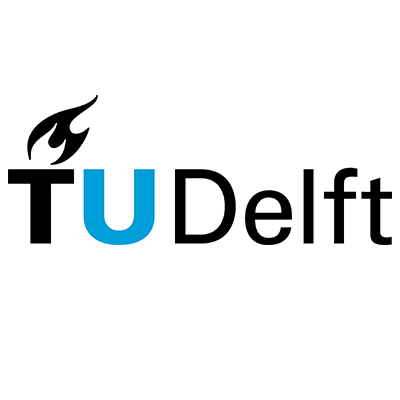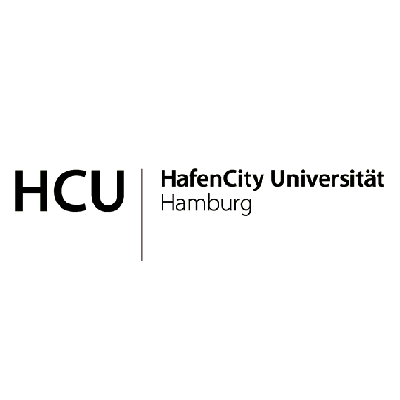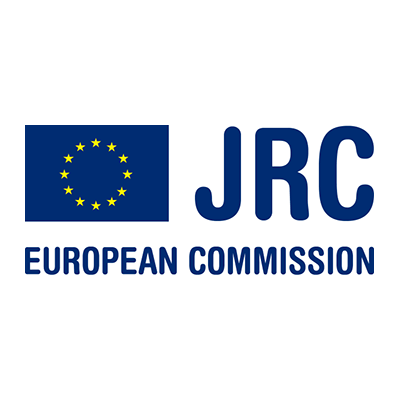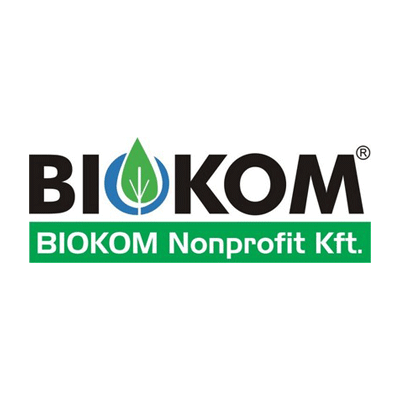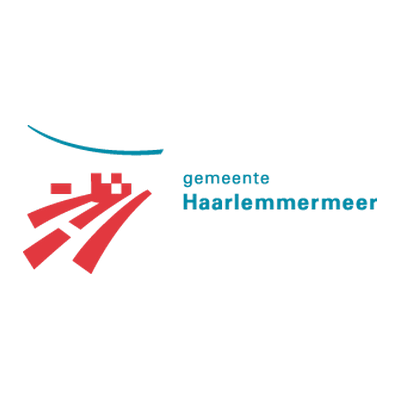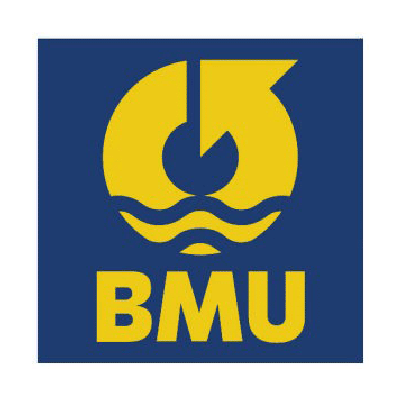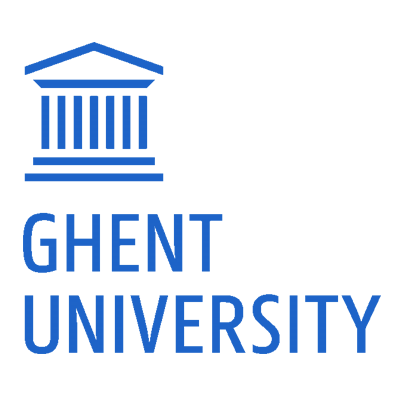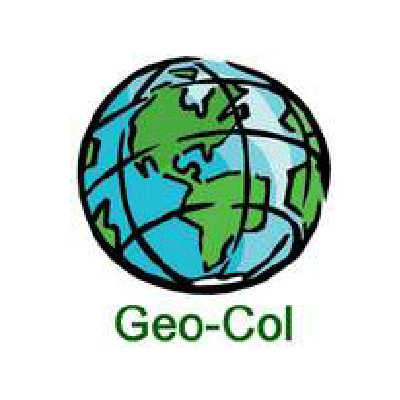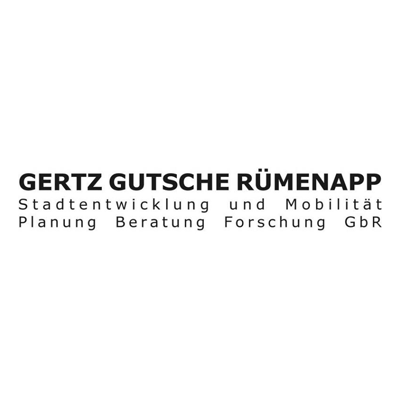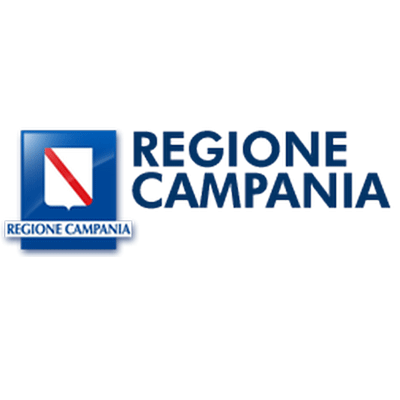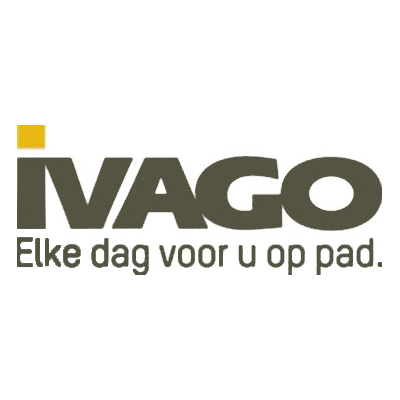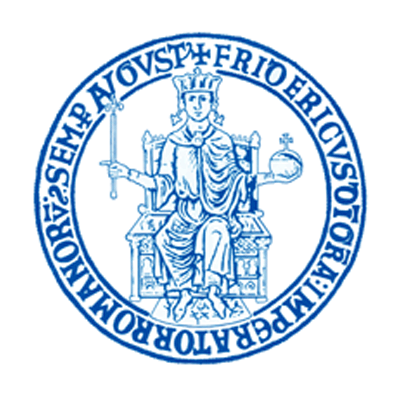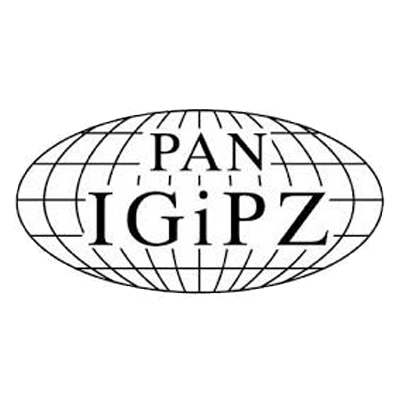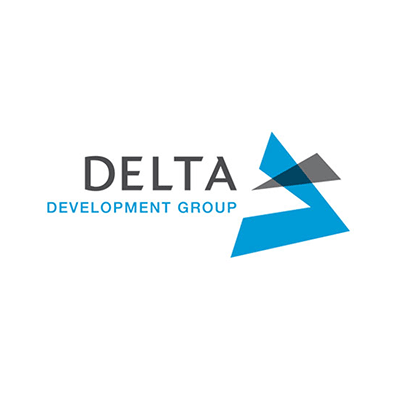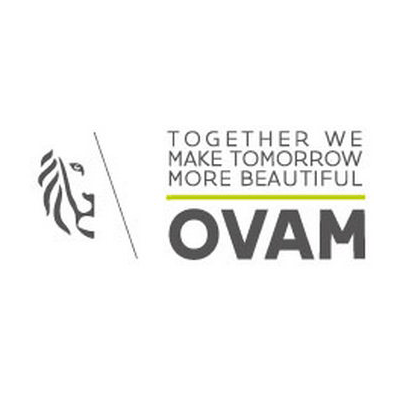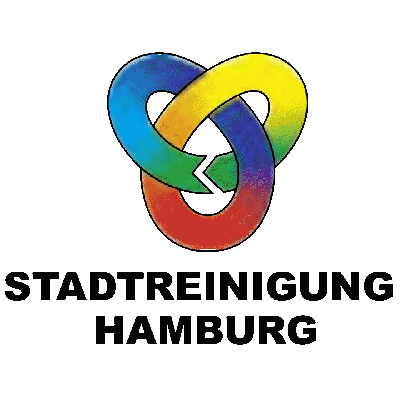The consortium REPAiR is technically competent to develop the GDSE and well-balanced, as it brings together expertise from the best European universities, research institutions, local and regional authorities and leading businesses in waste treatment and circular economy development and SMEs leading the development of spatial decision support systems.
The partner selection and work distribution have been done strictly according to the distribution of competences as well as knowledge and involvement in resource management and development of the circular economy within the case study areas. The need for a European approach is evident, as none of the partner countries alone could reach the proposed aims and objectives with resources available at a national level. The consortium is completed by the project office of the TU Delft Valorisation Centre, which is in charge of the administrative, legal and financial aspects of the REPAiR project in close cooperation with the scientific coordinator from TUD.
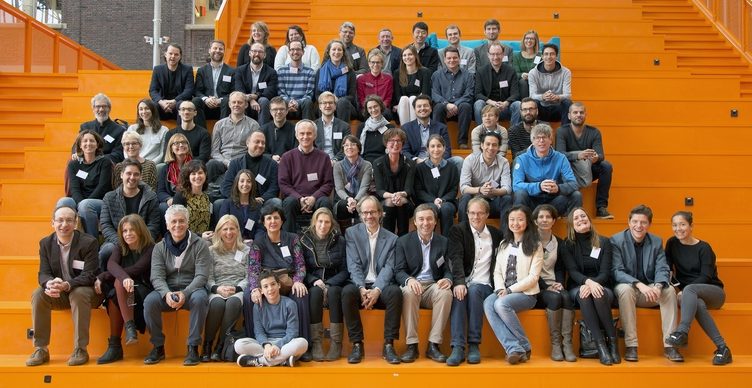
With 18 partners, the consortium is rather large for a research project. This choice was made deliberately, however, because key to the applied geodesign framework is the collaboration of experts from design disciplines, geographic sciences, information technologies and the people from the place in question. The last shows the importance of having access to local knowledge for every case study; data as well as key actors and stakeholders.
Therefore the consortium is built of four groups of partners, Groups 1 and 4 work on the general framework and the development of the GDSE for all case studies. Groups 2 and 3 concentrate on the PULLs (Peri-Urban Living Labs) in one specific case, and provide input and reflections to the other case study areas only at specific times. Travel times and budget can be thus kept to a reasonable amount. As the following table shows, the consortium combines both a high level of compatibility as well as coverage of all key competences by at least two partners.
-
- a group of scientific institutions complementary to each other in their key expertise and who provide with their teaching facilities one way of generating manifold designs for the development of the circular economy.
- a group of local and regional authorities, which is crucial to embed the project within the local decision needs as well as make the outcome relevant for the local and regional authorities in place.
- a group of companies that are experts in waste treatment as well as in implementing circular economies. Those are also crucial for the local embeddedness of the project and to insure its future impact.
- a group of companies that are experts in the development of GDSE and combine ICT expertise, with expertise in spatial planning as well as process organisation.


